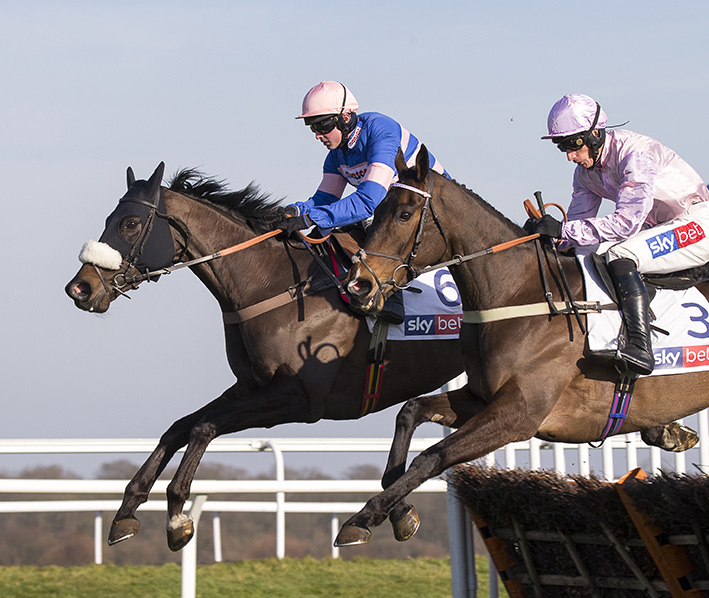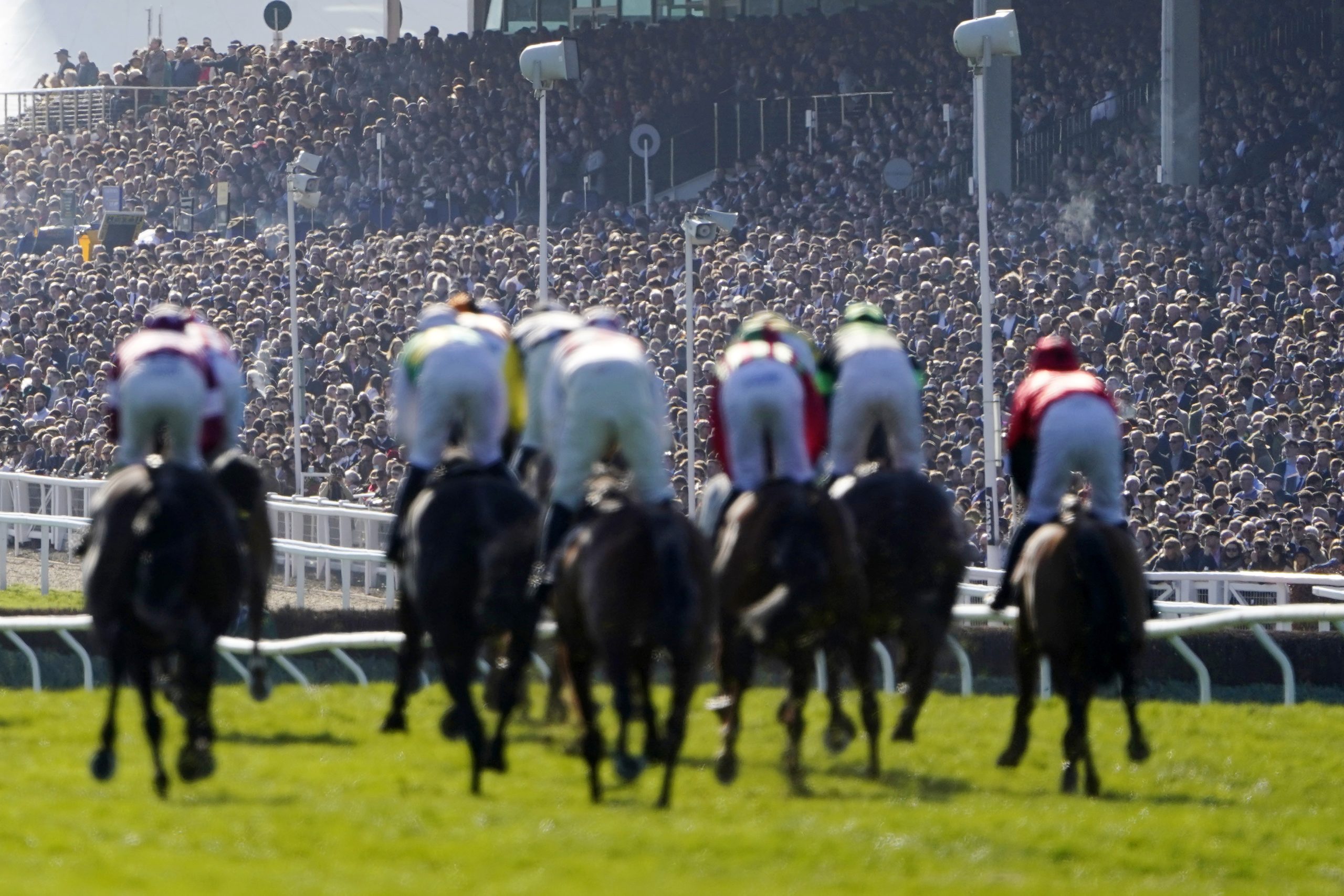
Over 600 million watch the Grand National each year and it’s one of the most popular horse racing events in the calendar. For punters, events like this, Ascot and Cheltenham Festival are hugely popular for betting and thousands gather to watch these events live, but there’s also a big debate that’s been ongoing for decades as to whether horse racing is cruel. Protesters have often been heard claiming at races that by punters choosing to bet on horses, the animals die as a result, but how true is that statement?
Cruelty to animals has never been the goal of any horse racing event and it’s not in any way condoned by anyone in the racing industry. So, the notion that horseracing is cruel or in any way an activity that’s designed to hurt animals is simply isn’t true. Racehorses are well treated and live a life filled with the best food, plenty of time roaming paddocks and getting fresh air, and regular health checks to ensure they stay in peak condition.
When riding, a horse’s ears are pricked forward, they’re not distressed, and they continue to run even when their rider unseats because they love to do so. As stubborn animals, horses won’t run unless they want to do so, so this is a sure sign that they’re not feeling obligated or forced into running when they don’t want to.
That said, horses do die in horse racing and that is a factor of the sport that is obviously less than desirable. But there are many sports which are dangerous, both for animals and riders in this case, and for athletes in other sports, such as car or motorbike racing. Accidents like this are terrible and unfortunate but they’re also a risk one takes when they take up any of these sports.
Everything that can be done to protect horses during a race is implemented, from more forgivable materials used throughout the course to landing sides levelled out to make jumping safer. In fact, of 14,000 horses in training, the British Horse Racing Authority (BHA) states that there has been a 0.19% fatality rate over the last 20 years for overall runners. An investment of £1.5 million into safety measures and alterations have made a significant impact on the safety of racing.
Overall, there’s no denying that horse racing comes with risks – it can be a dangerous sport, both for jockeys and horses, but it’s also a sport that has taken as many measures as possible to keep riders and the animals as safe as possible. Horses are extremely well-cared for and are in no way mistreated, on or off the track, nor are they unhappy about running. The reputation that horse racing has garnered as a cruel sport is incredibly exaggerated, especially when aligned with the BHAs statistics. So, fans of the sport can rest easy that they’re not condoning animal cruelty when they watch a game or place their bets with these Timeform offers throughout the horse racing calendar.




















